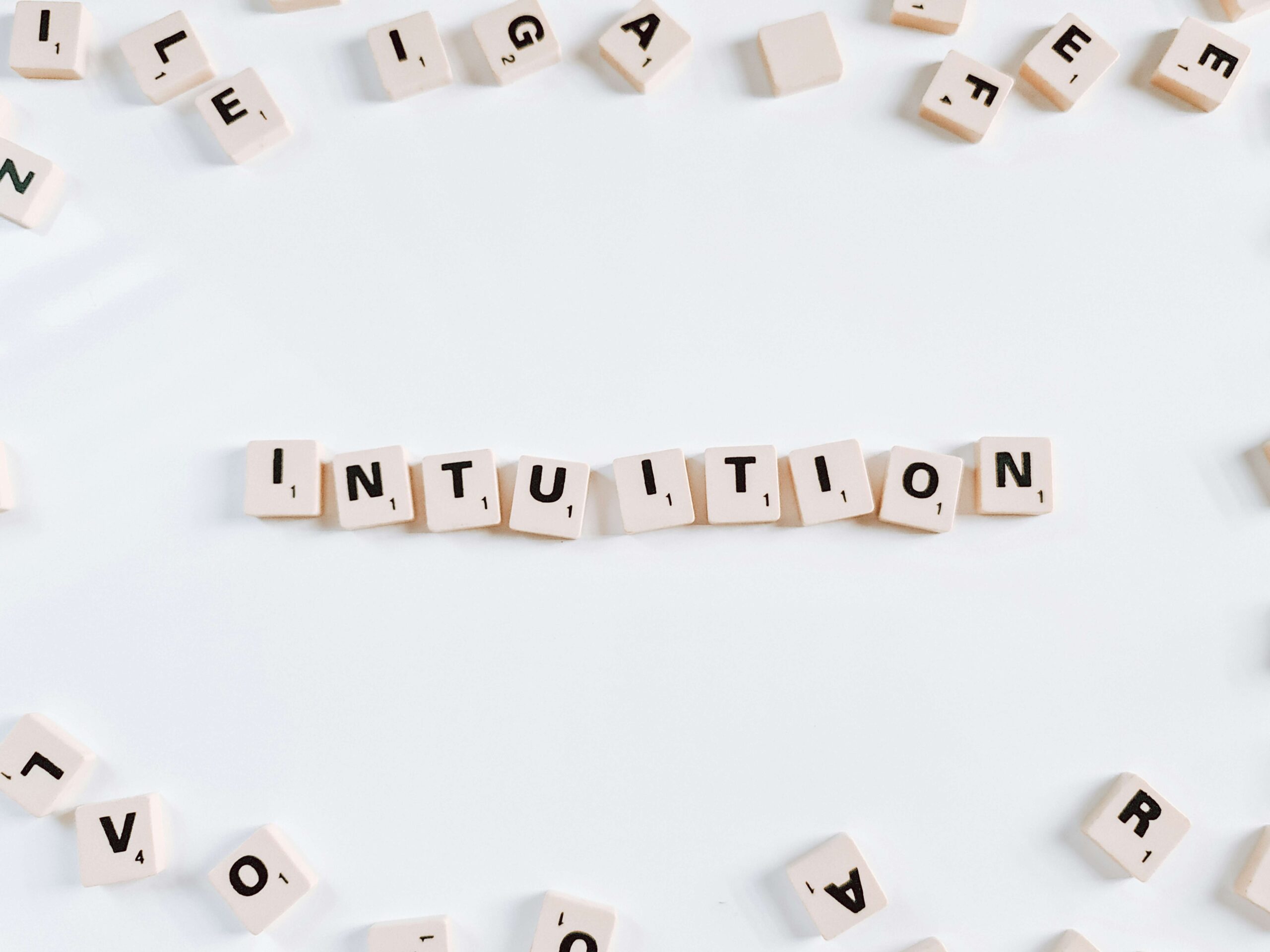Have you ever made a decision without fully understanding why? Or have you experienced a strong sense of knowing something without concrete evidence? These instances are often known as “gut feelings.” In this blog post, we will explore what gut feelings are, their meaning, and the science behind them. We will look into some examples of gut feelings and discuss how to use these intuitive feelings for better decision-making. Whether you are curious about the gut instinct or looking to trust your inner voice, this blog post will clear all your doubts.
What Are Gut Feelings?
Gut feelings, also known as intuitive feelings, are spontaneous, instinctive judgments or insights that come without conscious reasoning. They are sometimes described as a “sixth sense” or an internal compass that guides one through life’s decisions. They often manifest as a feeling of unease or comfort about a given situation or choice. Even if gut feelings do seem mysterious, they are supported by a complex interplay between experience, unconscious processing, and bodily signals. They tend to arise when a decision has to be made immediately, particularly under circumstances where any logical analysis will not be feasible.
What Is the Meaning of Gut Feeling?
The meaning of gut feeling holds in its intuitive nature. It’s something that doesn’t require explicit evidence or detailed analysis. Arguably, it’s the mind’s way of alerting you to something important based on patterns and experiences stored in the subconscious. The phenomenon promotes our brain’s ability to process experiences and emotions subconsciously. When faced with decisions, our brains draw upon past experiences and emotional reactions stored in memory, translating them into physical sensations that we interpret as gut feelings.
Psychologists suggest that gut feelings are the result of the brain processing information at a rapid, subconscious level. It awakens memories, emotions, and past experiences to generate an immediate response. It could be possible that these intuitive feelings may lack concrete reasoning, but they often hold valuable insights.
The Science Behind Gut Feelings
According to science, gut feelings are not just random sensations. These feelings are products of the brain’s intricate wiring. Hence, the connection between the brain and the gut is more complex than you think. This is an intricate communication network popularly known as the gut-brain axis. The gut-brain axis involves the central nervous system and the enteric nervous system, which governs the gastrointestinal tract.
The gut is known as the “second brain” because of the millions of neurons it contains. Further, these neurons secrete neurotransmitters such as serotonin. When that gut feeling starts, it partly comes from the way the gut speaks to the brain. For this reason, gut instincts very often feel almost like a somatic experience: They are coming from your body’s second brain.
Key Components of Gut Feelings
- Subconscious Processing: Our subconscious mind continuously analyzes information from our surroundings, even when we are not actively aware of it.
- Emotional Memory: Past experiences shape our intuitive responses, allowing us to recognize patterns and make quick judgments.
- Physiological Responses: The body reacts to emotional stimuli through physical sensations, which we interpret as gut feelings.
The Risks of Ignoring Gut Feelings
Ignoring gut feelings could be the reason for missed opportunities or can have negative consequences. Here are some potential risks linked with not listening to your intuition:
- Poor Decision-Making: Being highly dependent on logic without considering intuitive insights may result in choices that don’t align with your true self.
- Increased Anxiety: You can find yourself struggling with unresolved emotions if intuitive feelings are suppressed.
- Relationship Strain: There is no harm in being rational in a relationship. But by being rational to the extent of not paying attention, intuitions can result in ignoring red flags. This would result in attracting unhealthy dynamics.
When Should You Trust Your Gut?
In Familiar Situations—If you have experience or historical facts for a particular situation, probably it’s the right time to leverage that learned expertise. For example, an old chef has intuitions to tell when to add more seasonings to the dish without needing to taste.
When Time is Limited—In high-pressure scenarios where decisions must be made quickly, gut feelings can provide a mental shortcut. This is helpful to emergency responders who rely on split-second judgment to save lives.
When Logic Fails to Convince—When logic fails to convince, At times, after checking all available data, something in the decision doesn’t feel right. This might just be your intuition trying to warn of hidden risks and inconsistencies.
In Personal Relationships—Intuition can be especially valuable in assessing trust and compatibility. Often, precise nonverbal signs can influence our gut feelings about someone’s intentions or character.
When Exploring Creativity—Creative fields often thrive on intuition. It could be writing a novel, composing music, or designing something new; trusting your instincts can help in innovative breakthroughs.
During Physical or Emotional Discomfort—Sometimes your body’s responses can be an indication that something is not right. So pay attention to these signs, especially if they keep happening in a particular environment or situation.
When to Be Cautious
While gut feelings can be powerful, they are not always correct. They can be influenced by biases, fears, or incomplete information. For instance, an intuitive distrust of someone might originate from subconscious stereotypes rather than actual behavior. It’s crucial to balance intuition with critical thinking, especially in situations involving high stakes or unfamiliar territory.
How to Sharpen Your Intuition
Reflect on Past Decisions—Think about instances when you trusted your gut. Was it right? Understanding these patterns can help to improve your intuitive judgment.
Stay Present—Mindfulness practices like meditation can help you to adjust to ultra-fine signs from your body and mind.
Expand Your Knowledge Base—The more that you learn, the more your instinct will be able to be put in the correct direction. Widely read different things and pursued different kinds of activities.
Trust but Verify—Use a gut feeling and crosscheck these with facts. It’s best to trust your gut but not too much without ascertaining those facts or some logical reasoning.
Develop Emotional Awareness—Understanding your emotions and how they influence your decisions can sharpen your intuition. Journaling or talking through your feelings can help to develop emotional awareness.
Engage in Regular Reflection—Donate some time to think about your daily decisions and their outcomes. This habit can strengthen your ability to detect patterns and intuitive insights.
Practice Active Listening—Listen for verbal and nonverbal cues in conversation. This can improve your ability to intuitively understand others.
Learn from Failure—Intuition isn’t always correct, and that’s okay. Use mistakes as learning opportunities to tune better with your instincts.
Conclusion
The Balance of Intuition and Reason
Gut feelings are a wonderful reflection of the brain’s complexity: emotion, memory, and cognition all come together in a very potent decision-making tool. Though they should never supplant careful analysis, they should have a place at the table.
Next time, when you get that gut feeling, don’t dismiss it completely. Take some time to sit back, think, and ponder this question: What is my intuition trying to say? You would be surprised by the wisdom of your intuition.
Share this content:




